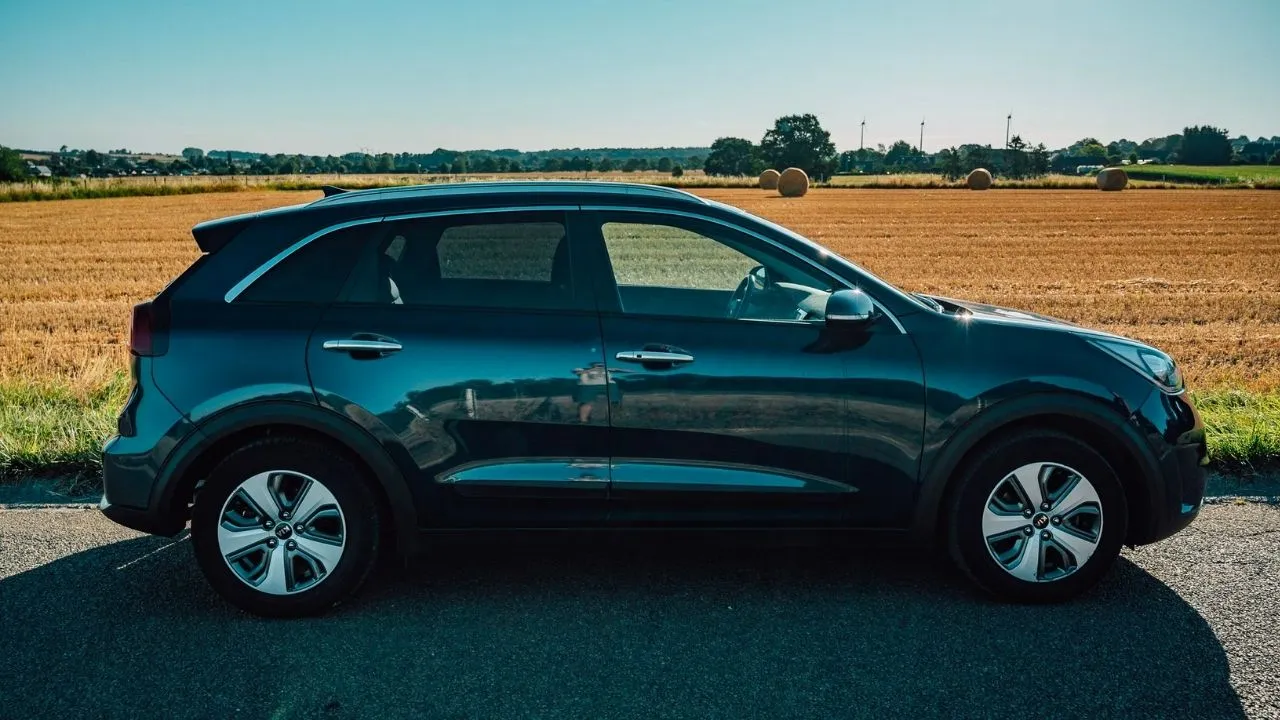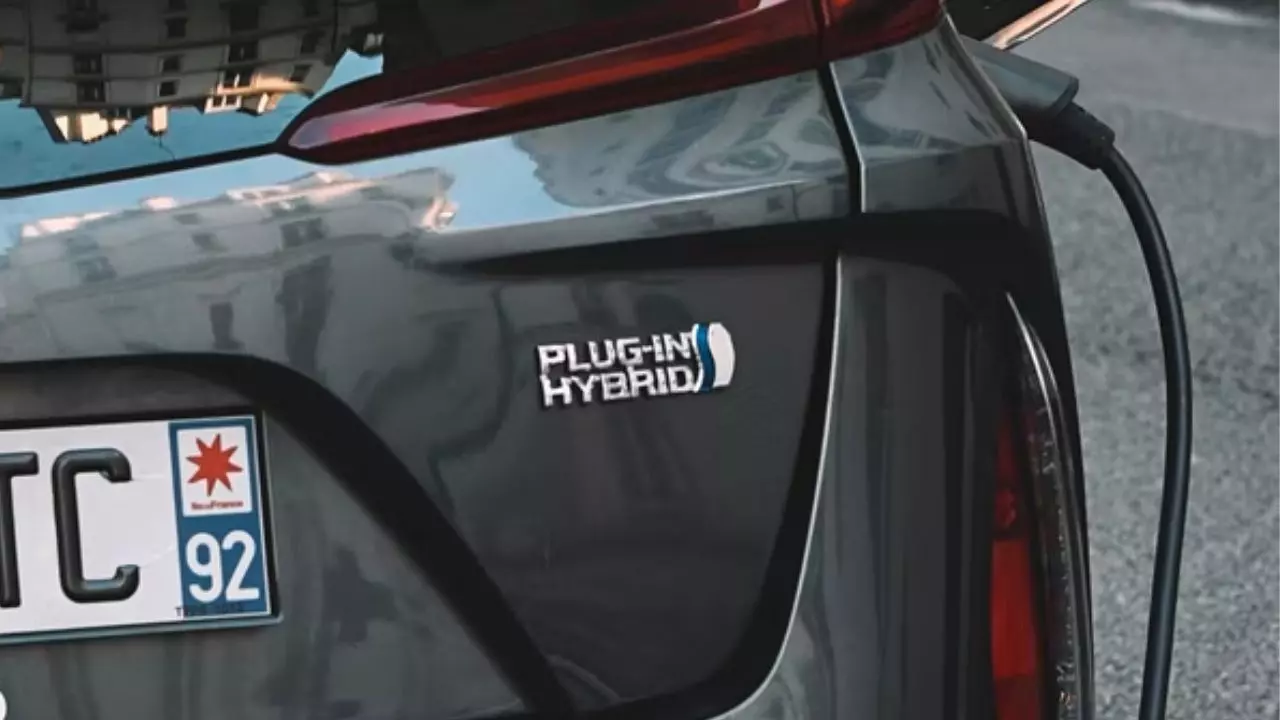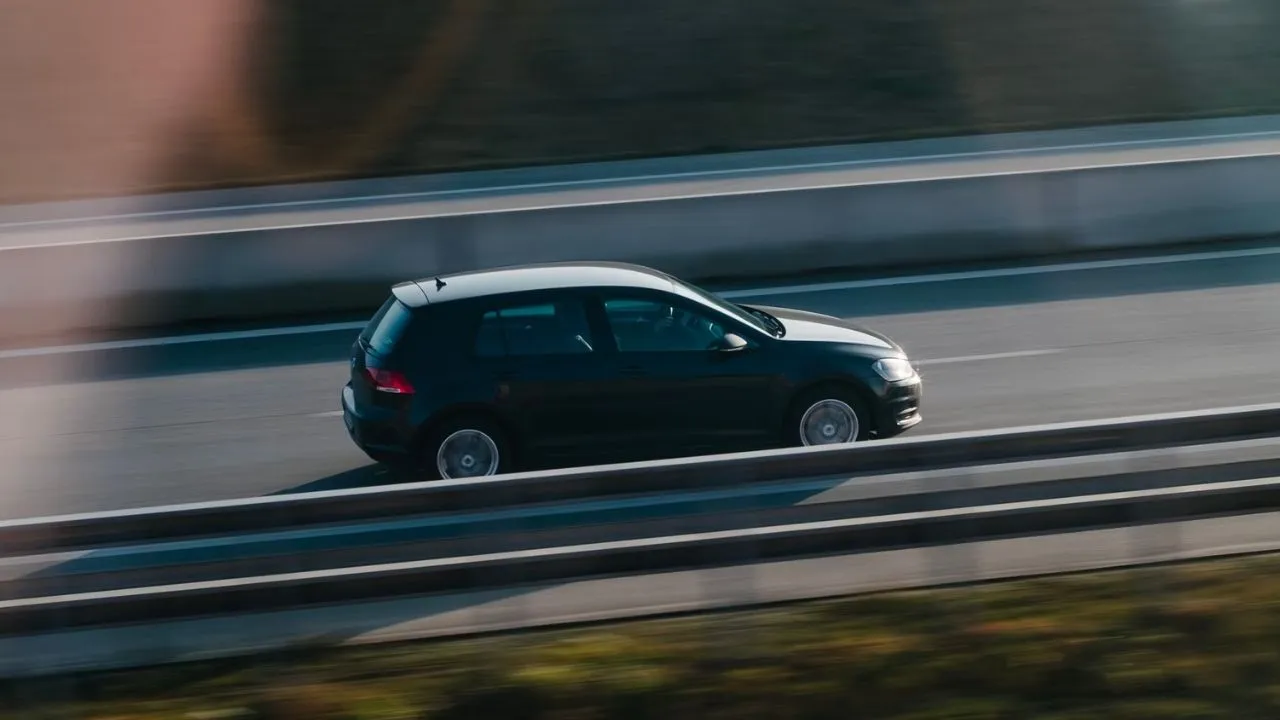The rising fuel costs and environmental concerns have steered many drivers towards hybrid cars. A burning question, however, remains: are hybrid cars suitable for highway driving? This blog post aims to dissect this query, exploring the performance of hybrid cars on long-distance motorway travels.
The Essence of Hybrid Vehicles
Hybrid cars combine a gasoline engine with an electric motor, aiming to offer a balanced driving experience. The key types include mild hybrids, traditional hybrids, plug-in hybrids, and range-extending electric vehicles. Understanding these types will help us assess their highway capabilities.
- Mild Hybrids: These utilize a small electric motor that aids the gasoline engine in specific situations, like acceleration, but cannot power the car alone. They’re designed for fuel economy improvement rather than electric driving.
- Traditional (Full) Hybrids: These can drive short distances on electric power alone. The electric motor and gasoline engine work together for increased efficiency and reduced emissions, particularly beneficial in stop-start traffic.
- Plug-In Hybrids (PHEVs): These hybrids have larger batteries and can be charged externally to provide significant all-electric range before switching to traditional hybrid operation. They’re ideal for drivers with regular short trips but also need the flexibility for longer journeys.
- Range-Extending Electric Vehicles: Essentially electric vehicles with a small gasoline engine that generates power for the electric motor when the battery depletes. They offer extended range without the worry of solely relying on battery power.
Each type brings a unique blend of technology, catering to various driving needs and preferences, especially in the context of highway driving capabilities.
Hybrid Cars on Highways: Pros and Cons
Pros:
- Fuel Efficiency: Hybrid vehicles shine in fuel efficiency on highways. Their ability to switch between electric and petrol modes helps in conserving fuel over long distances, often resulting in superior miles per gallon (mpg) compared to traditional vehicles.
- Eco-Friendly: Emitting lower CO2 and other pollutants, hybrids contribute significantly to reducing air pollution. This is particularly advantageous given the increasing global focus on environmental sustainability.
- Maintenance and Longevity: Hybrids, exemplified by models like Toyota Prius, are known for their longevity. The regenerative braking system in hybrids not only conserves energy but also reduces wear on brakes, leading to lower maintenance costs over time.
Cons:
- Performance at High Speeds: On motorways, particularly at higher speeds, hybrids may switch predominantly to petrol mode. This can diminish the fuel economy advantage they hold at lower speeds or in stop-start city traffic.
- Weight Concerns: The additional weight of the battery and electric motor in hybrids can impact their efficiency, especially in plug-in hybrids where the weight is more pronounced.

Comparative Analysis: Hybrid vs. Petrol Cars for Motorway Driving
Hybrids are increasingly rivalling traditional petrol cars on motorways. Their growing popularity is backed by several factors:
- Reliability and Fuel Economy: Modern hybrids have shown improved reliability and enhanced fuel economy on highways. This makes them a strong contender against petrol vehicles, especially for drivers prioritizing efficiency and lower running costs.
- Technological Advancements: The gap between diesel (long favored for motorway fuel economy) and hybrids is narrowing, thanks to advancements in hybrid technology. Hybrids are now offering comparable, if not better, fuel efficiency on motorways.
Maximizing Fuel Efficiency in Hybrids
Optimizing fuel efficiency in hybrid vehicles involves a multifaceted approach:
- Driving Modes Mastery:
- EV Mode: Ideal for low-speed driving; it relies solely on the electric motor, conserving gasoline.
- ECO Mode: Optimizes overall vehicle efficiency, moderating the air conditioning and throttle response. It’s best for steady highway cruising.
- Power Mode: Uses both the engine and electric motor for enhanced performance, suitable for overtaking or climbing steep inclines.
- Proactive Maintenance:
- Regularly check and maintain tire pressure for optimal rolling resistance.
- Ensure timely fluid changes, including engine oil and transmission fluid, to keep mechanical parts running smoothly.
- Periodic battery checks to ensure the hybrid system functions efficiently.
- Strategic Driving Techniques:
- Utilize cruise control on highways to maintain a steady speed, reducing fuel consumption.
- Adopt the ‘pulse and glide’ technique: accelerate to the desired speed and then allow the car to coast, minimizing fuel usage.
- Avoid aggressive acceleration and braking; smooth driving maximizes the use of the electric motor and conserves fuel.
By implementing these practices, drivers can significantly enhance the fuel economy of their hybrid vehicles, particularly during highway driving.

Environmental Impact of Hybrid Cars on Highways
When assessing the environmental impact of hybrid cars on highways, it’s essential to delve deeper into their eco-friendly attributes:
- Reduced Carbon Footprint: Hybrids significantly lower CO2 emissions. By alternating between an electric motor and a gasoline engine, they conserve fuel and release fewer carbon emissions compared to traditional petrol vehicles. This reduction plays a crucial role in combating climate change.
- Lesser Harmful Emissions: Besides CO2, hybrids emit fewer nitrogen oxides and particulate matter, which are key contributors to air pollution. This is particularly important in densely populated areas or cities where air quality is a major concern.
- Energy Efficiency: Hybrids are designed to optimize energy use. They utilize regenerative braking, a process that captures energy usually lost during braking and converts it to electrical power, further reducing fuel consumption and emissions.
- Advancing Green Technology: The continuous development of hybrid technology contributes to the broader push towards more sustainable automotive solutions. It paves the way for improved battery technologies and more efficient electric motors, setting a standard for future eco-friendly vehicles.
Selecting the Right Hybrid for Highway Driving
When selecting a hybrid for highway driving, it’s crucial to consider models with larger battery capacities as they offer more extended range and efficiency. Here’s a comparative table of some popular models:
| Model | Battery Capacity | Estimated Motorway Efficiency | Notable Features |
|---|---|---|---|
| Toyota Prius | Medium | High | Known for durability and reliability |
| Honda Insight | Medium | High | Offers a balanced ride and efficiency |
| Hyundai Tucson | Large | Moderate | Spacious, with advanced tech features |
| Kia Sportage | Large | Moderate | Attractive design, generous kit |
| Honda Civic | Large | High | Spacious, high-quality build |
| Kia Niro | Medium | High | Versatile, available in multiple forms |
Note: The table is indicative and based on general trends. For specific model details and latest updates, refer to the respective car manufacturers’ websites.
Hybrid cars stand out as a viable option for highway driving, offering a blend of fuel efficiency, eco-friendliness, and performance. With a range of models catering to various needs and budgets, they present a compelling choice for those seeking fuel-efficient and environmentally friendly motorway vehicles.
